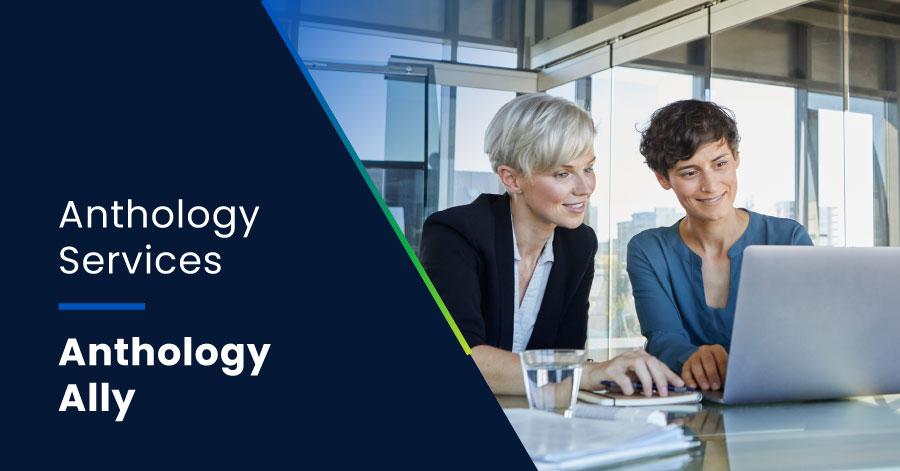Accessibility Specialist: Essential Learning Tools to Empower Inclusive Education
Introduction
Inclusive education has become a top priority in schools, colleges, and universities. As more educational institutions embrace digital transformation, the demand for Accessibility Specialists in education technology is rising rapidly.These professionals play a pivotal role in ensuring that all learners, including those with disabilities or learning differences, have unrestricted access to academic content and digital resources. If you’re passionate about breaking barriers and shaping the future of inclusive learning environments, a career as an Accessibility Specialist might be perfect for you. This article covers everything job seekers need to know—from essential learning tools to practical tips and key responsibilities for this rewarding role.
What Is an Accessibility Specialist?
An Accessibility Specialist in education technology collaborates with instructional designers, IT teams, faculty, and administrators at schools, colleges, and universities to ensure all digital learning materials are accessible. Their core responsibility is to implement and advocate for inclusivity, ensuring compliance with accessibility standards such as WCAG (Web Content Accessibility Guidelines) and Section 508.
The role goes beyond compliance. Accessibility Specialists work to create an surroundings where every learner can thrive, irrespective of abilities or disabilities.This makes their contribution crucial in achieving truly inclusive education.
Key Responsibilities of an Accessibility Specialist in Education
- Reviewing and evaluating digital course materials for accessibility compliance
- Advising faculty and staff on accessible teaching strategies and best practices
- Implementing and maintaining assistive technologies in learning environments
- Conducting accessibility audits on Learning Management Systems (LMS), websites, and applications
- Providing training sessions and resources for educators and students
- Collaborating with IT departments to resolve accessibility challenges
- staying updated with the latest accessibility standards and educational technologies
- working directly with students and faculty to gather feedback and address accessibility concerns
Essential Learning Tools for empowering Inclusive Education
As technology evolves, Accessibility Specialists leverage a variety of tools to help institutions achieve inclusivity. Here are some of the most essential learning tools that support accessible education:
1. Screen Readers and Magnification Software
- JAWS (Job Access With Speech): Converts text to speech for visually impaired users.
- NVDA (NonVisual Desktop Access): Free screen reader supporting multiple languages.
- ZoomText: magnifies screen content and enhances visibility for those with low vision.
2. Captioning and Transcription Tools
- Otter.ai: Delivers real-time transcription for lectures and meetings.
- 3Play Media: Provides high-quality closed captioning for videos and digital content.
3. Option Input Devices
- Adaptive keyboards: Designed for users with limited motor skills.
- Switch devices: Accessible input for students with mobility challenges.
4. Accessible Document Creation Tools
- Microsoft accessibility Checker: Identifies accessibility issues in Office files.
- Adobe Acrobat Pro: Enables the creation of accessible PDF documents.
5. Learning Management System accessibility Features
- Blackboard Ally: Automatically analyzes and improves course material accessibility within the LMS.
- Moodle Accessibility Toolkit: Assesses and reports on content accessibility across courses.
Skills and Qualifications for Accessibility Specialists
While educational backgrounds vary, most Accessibility Specialist roles require a blend of technical, instructional, and interaction skills.Here are the most important qualifications and attributes:
- Familiarity with accessibility standards: WCAG 2.1, Section 504/508
- Experience with assistive technologies and accessible learning tools
- Strong understanding of instructional design principles
- Ability to conduct thorough accessibility audits
- Technical know-how in web development (HTML, ARIA landmarks, etc.) is a plus
- Excellent training and communication skills
- Passion for advocacy and equity in education
Benefits of Working as an accessibility Specialist in Education Technology
- Making a Real Impact: You help break down barriers and promote lifelong learning opportunities for students of all abilities.
- Career Growth: The education sector’s increasing focus on digital inclusion ensures strong demand and opportunities for advancement.
- Continuous Learning: You’ll stay at the forefront of educational innovation as new technologies and accessibility standards emerge.
- Collaborative Environment: Work alongside faculty, technologists, and support staff, building a culture of inclusivity campus-wide.
- Stable and Rewarding Work: Educational institutions frequently enough provide excellent work-life balance, benefits, and job security.
Practical Tips for Aspiring Accessibility Specialists
breaking into the field of educational accessibility and thriving as an Accessibility Specialist requires purposeful steps. Here are some practical tips to help you on your journey:
- Earn Relevant Certifications: Consider industry-recognized credentials like the Certified Professional in Accessibility Core Competencies (CPACC).
- Develop Hands-On Experience: Volunteer to review course content, support accessibility projects, or participate in institutional committees.
- Stay Current: follow accessibility-focused organizations and keep up with changes in the legal landscape and education technology trends.
- Expand Your Network: Connect with other specialists and attend conferences or webinars on educational technology and accessibility.
- Strengthen Communication and Advocacy Skills: Able to teach, persuade, and guide stakeholders on the benefits and necessity of accessible design.
- Familiarize Yourself with Authoring and Testing Tools: Learn how to use accessibility checkers, screen readers, captioning platforms, and LMS plugins.
- Showcase Your Work: Build a portfolio demonstrating your knowlege, audits, training materials, or the impact of your accessibility initiatives.
Inclusive Education: The Future is Accessible
Accessible education is not just a regulatory requirement—it’s a fundamental right. As blended and online learning becomes standard, the need for Accessibility specialists across schools, colleges, and universities will only intensify. By ensuring equal access for learners with disabilities, you help build institutions where everyone can participate fully, grow, and succeed.
as an Accessibility Specialist, you’ll empower educators to innovate, inspire students to reach their fullest potential, and shape a more equitable future through technology.
Conclusion
embarking on a career as an accessibility Specialist in education technology is both challenging and deeply rewarding. As digital classrooms multiply, your work will be at the heart of inclusive education—opening doors and removing obstacles for every learner. Whether you’re just beginning your journey or seeking to advance your expertise,mastering essential learning tools,understanding compliance standards,and advocating for universal design will be crucial to your success. Step confidently into this vital role and help transform education for generations to come.

